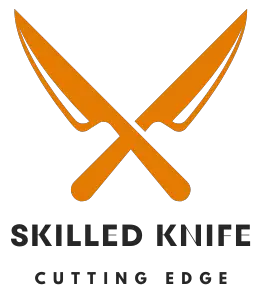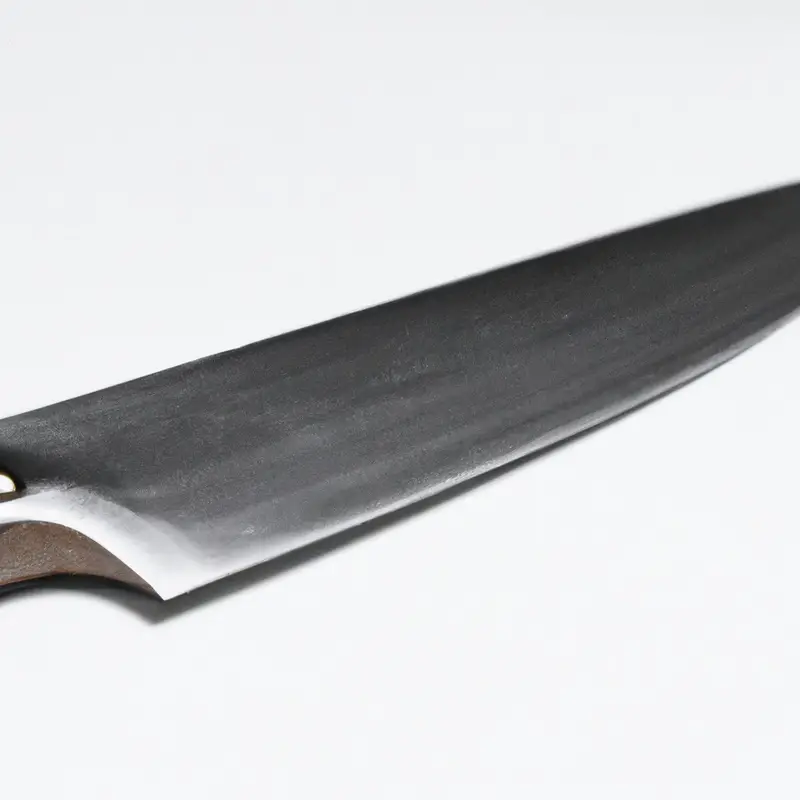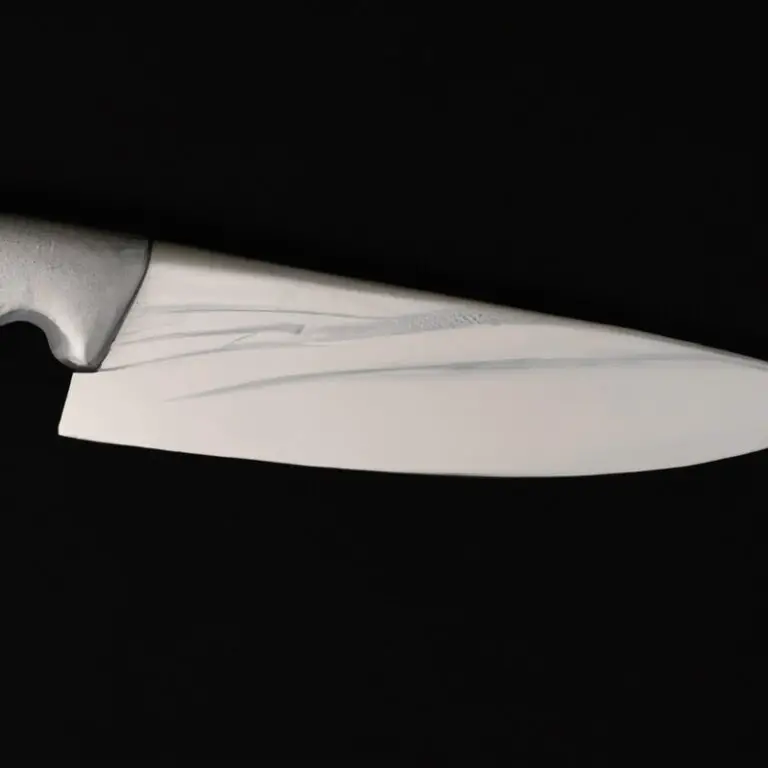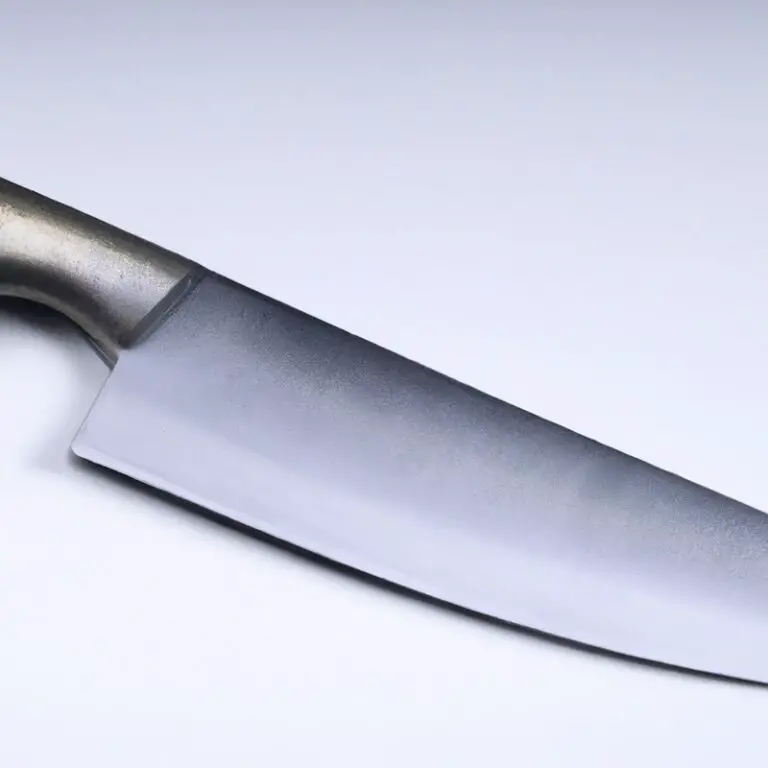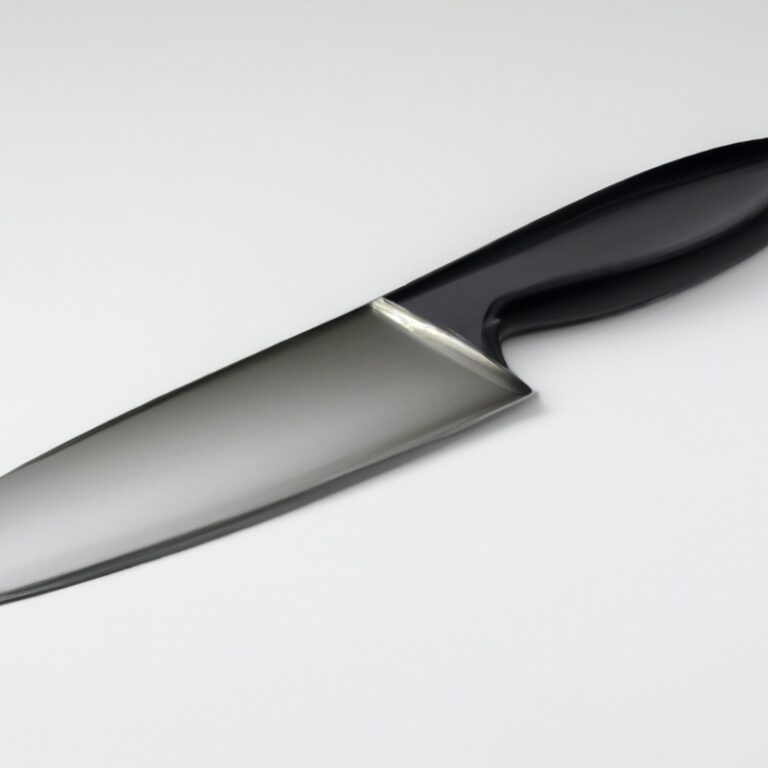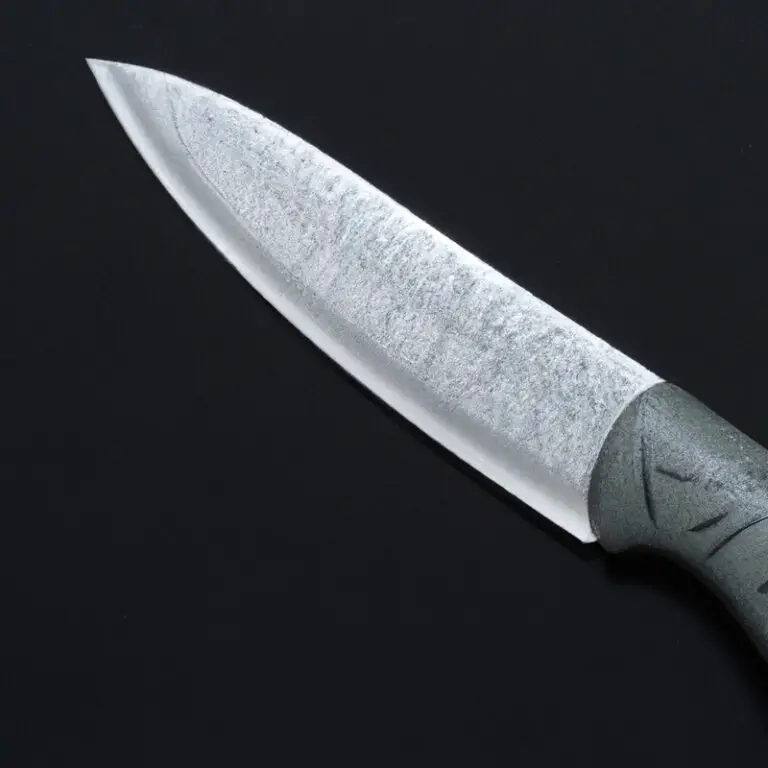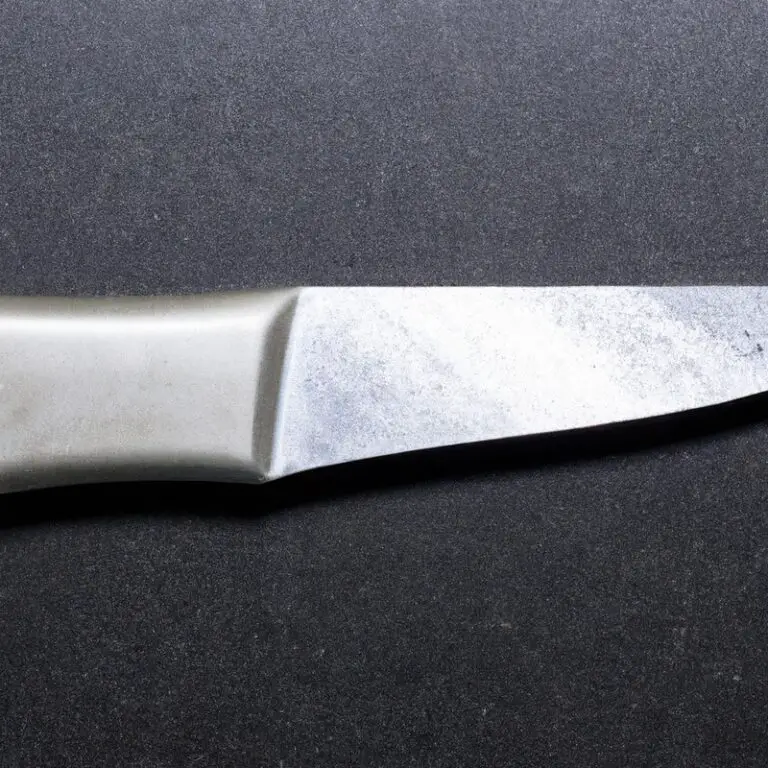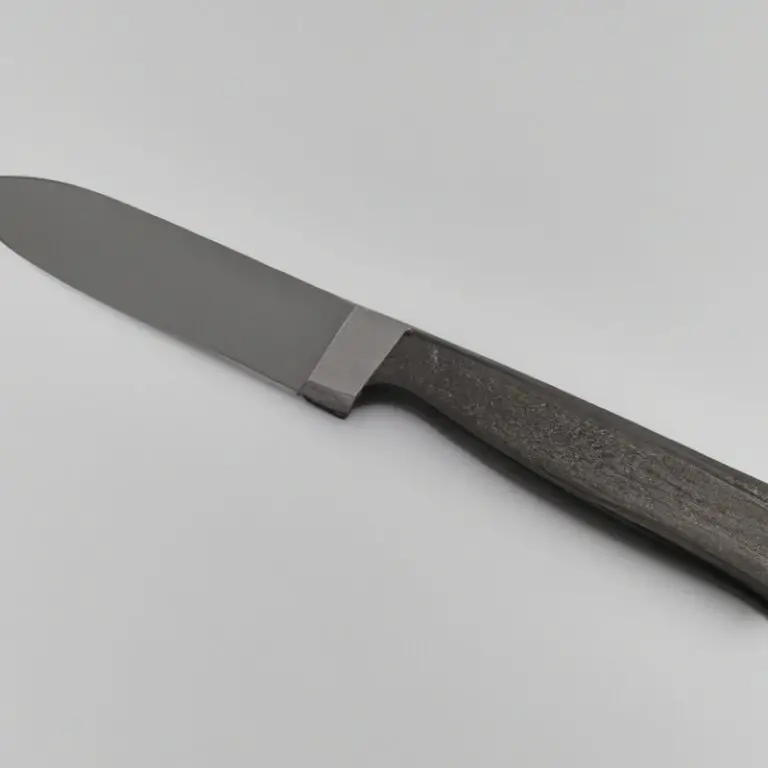What Are The Important Factors To Consider When Selecting a Knife Block Material For Gyuto Knives? – Guide
Key Takeaways:
- The material of a knife block affects the maintenance and durability of your Gyuto knives.
- Wood, bamboo, and magnetic materials are popular choices for knife blocks due to their ability to preserve the sharpness of your knives.
- Consider the weight, size, and style of your Gyuto knives when selecting a knife block material to ensure a secure and comfortable fit.
- Investing in a high-quality knife block can improve the longevity and performance of your Gyuto knives.
Choosing the right knife block material for your Gyuto knives is a crucial decision that impacts the longevity, safety, and performance of your knives. With so many options available, it can be challenging to make the right selection.
But fear not! As a culinary expert with years of experience handling knives, I’ve explored the world of knife block materials and uncovered important factors to consider.
In this article, I will guide you through the pros and cons of different knife block materials, outline essential factors to keep in mind while shopping, and help you make an informed decision that ensures the longevity and performance of your Gyuto knives.
| Material | Pros | Cons |
|---|---|---|
| Wood | Traditional look and feel Natural beauty Soft padding to protect knives Durable | May trap moisture Requires frequent oiling and conditioning Susceptible to cracking May develop mold or mildew if not properly cared for |
| Plastic | Lightweight Durable Easy to clean | Prone to scratching May have a cheap appearance No natural beauty or warmth |
| Magnetic | Modern and functional design Easy to access and store knives Showcases knives | May be less durable No padding to protect knives May have less storage capacity May be more expensive |
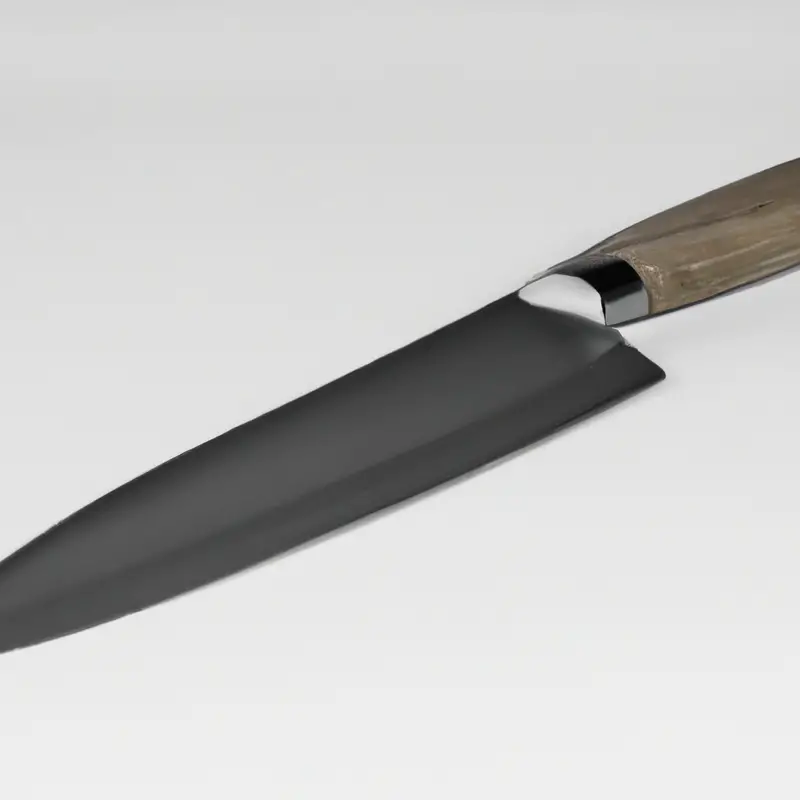
Knife Block Material: Choosing the Right One for Your Gyuto Knives
When it comes to selecting the right knife block material for your Gyuto knives, there are a few factors to consider. First, make sure the material is durable and able to withstand regular use.
Secondly, consider the aesthetic appeal of the material and whether it fits in with your kitchen decor.
Additionally, you should choose a material that is easy to clean and maintain. Some popular options include bamboo, wood, and stainless steel.
Each material has its own pros and cons, so it’s important to research and weigh them before making a decision.
Overall, choosing the right knife block material can help ensure the longevity and proper care of your Gyuto knives.
The Essential Factors to Consider When Selecting a Knife Block Material
When selecting a knife block material for your Gyuto knives, there are a few essential factors to consider. Firstly, you need to think about the durability of the material.
A material that is prone to cracking or warping over time is not a good choice.
In addition, the material should be able to protect your knives from damage and keep them sharp. Another factor to consider is ease of cleaning.
You want a material that can be easily wiped down and doesn’t hold onto dirt or bacteria.
At the same time, the material should be resistant to stains and discoloration. The type of material is also important.
Common knife block materials include wood, bamboo, plastic, and metal.
Each has its own pros and cons. For example, wood is aesthetically pleasing but requires maintenance, whereas plastic is easy to clean but may not be as durable.
Lastly, consider the overall style and design of your kitchen.
You want a knife block material that complements your décor and looks great on your countertop. By taking into account these essential factors, you can choose the best knife block material for your Gyuto knives that will keep them safe, sharp, and stylish for years to come.
Why the Material of Your Knife Block Matters for Your Gyuto Knives
The material of your knife block matters for your Gyuto knives because it can affect the sharpness, durability and hygiene of your knives. A knife block made of a hard material like bamboo or wood can blunt your knives, while a magnetic knife block can attract metal filings that can scratch the blade and rust.
A porous material like bamboo or wood can also harbor bacteria, compromising hygiene.
On the other hand, a knife block made of a non-porous and easy-to-clean material like stainless steel or plastic can protect your knives from bacteria and prolong their sharpness and durability. Therefore, consider the material of your knife block carefully when selecting one for your Gyuto knives.
A Quick Guide to Choosing the Best Knife Block Material for Your Gyuto Knives
When choosing a knife block material for your Gyuto knives, consider the following factors:
- Hardness: Choose a material that is at least as hard as your knives to prevent dulling and damage.
- Density: A dense material will provide better support and less movement, reducing the likelihood of scratches or chips.
- Hygiene: Look for materials that are easy to clean and won’t harbor bacteria.
- Style: Consider the aesthetic appeal of the block’s material and how it will fit in with your kitchen decor.
- Budget: Different materials come at different price points, so choose one that fits your budget.
Some popular materials for knife blocks include wood, bamboo, plastic, and stainless steel. Each material has its own pros and cons, so make sure to weigh them carefully before making a decision.
Ultimately, choose a knife block material that will keep your Gyuto knives safe, clean, and sharp for years to come.
The Pros and Cons of Different Knife Block Materials for Gyuto Knives
The material of your knife block can significantly affect the longevity and performance of your Gyuto knives. Here are some pros and cons of different knife block materials:
1. Wood:
Pros
- Stylish and traditional
- Provides excellent protection for the knives
- Absorbs vibrations and prevents blade damage
- Naturally antimicrobial
Cons
- Can require regular maintenance to prevent cracking and warping
- Not as hygienic as other materials if not cleaned properly
- Stainless Steel:
Pros
- Sleek and modern appearance
- Easy to clean and sanitize
- Durable and long-lasting
Cons
- Can dull the blades faster than other materials
- May cause scratches on the blades
- Bamboo:
Pros
- Sustainable and eco-friendly option
- Hard and durable
- Resistant to scratches and stains
Cons
- Can absorb moisture and odors if not cleaned properly
- Blades may chip if not inserted carefully due to the hard material
- Magnetic:
Pros
- Unique and modern design
- Easy to access and store knives
- Space-saving solution
Cons
- Only suitable for magnetic knives
- May damage the blades if not placed properly
Consider your personal preferences and knife collection before choosing a knife block material.
Factors to Keep in Mind When Shopping for a Knife Block Material for Your Gyuto Knives
When shopping for a knife block material for your Gyuto knives, there are various factors to keep in mind. Here are some important considerations:
- Material Durability: Your knife block material must be strong enough to protect your knives from damage and ensure longevity.
- Size and Storage Capacity: Ensure that your chosen knife block material can store the number and size of your Gyuto knives.
- Type of Material: Consider the type of material that appeals to you the most. Some popular options include bamboo, wood, magnetic, or plastic knife blocks.
- Aesthetics: If you value aesthetics, choose a knife block material that matches your kitchen décor and reflects your personal style.
- Ease of Maintenance: Consider the ease of cleaning and maintaining the knife block material. Some materials may need regular oiling or polishing, while others may require simple wiping.
- Safety and Accessibility: Check the knife block’s safety features and accessibility to ensure your Gyuto knives’ proper handling and protection.
By keeping these factors in mind, you can make an informed decision when choosing the right knife block material for your Gyuto knives.
How to Ensure the Longevity of Your Gyuto Knives with the Right Knife Block Material
To ensure the longevity of your Gyuto knives, select a knife block material that minimizes blade damage and corrosion. Avoid materials that create friction and dull the knife’s edge, such as bamboo or magnetic blocks.
Consider materials like wood or plastic, which have a softer surface and won’t harm the knife’s edge.
Additionally, choose a knife block that allows air to circulate around the blade to prevent moisture build-up and potential rust. Proper storage keeps your Gyuto knife sharp and in excellent condition for years to come.
The Importance of Material Selection for Your Gyuto Knife Block
Choosing the right material for your Gyuto knife block is crucial for maintaining the sharpness and longevity of your knives. The right material should protect your knives from damage, prevent dulling, and ensure they stay clean and fit for cutting.
Different materials offer varying degrees of protection and benefits, so it’s important to consider which material will work best for your knives based on your budget and storage preferences.
A quality knife block material will ensure your knives remain sharp and functional for years to come.
Which Knife Block Material is the Best Fit for Your Gyuto Knives?
The best knife block material for your Gyuto knives is bamboo. It is durable, easy to clean, and eco-friendly.
Bamboo also has natural antibacterial properties that can help keep your knives clean and prevent corrosion.
It also has a neutral color that complements any kitchen decor. Other materials like wood, plastic, and metal can also work for knife blocks, but bamboo is the best choice for Gyuto knives.
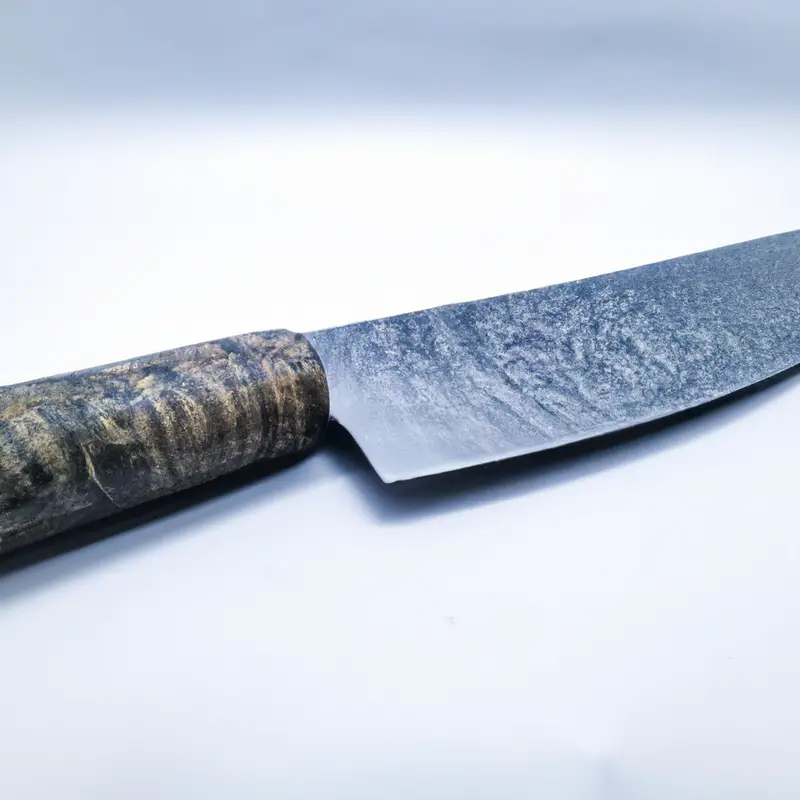
Investing in the Right Knife Block Material for Your Gyuto Knives: What You Need to Know
Investing in the right knife block material for your Gyuto knives is essential to ensure the longevity of your knives. When selecting a knife block material, consider the durability and hardness of the material to ensure that it keeps your knives in good condition.
Bamboo, wood, and steel are some of the commonly used materials for knife blocks.
Bamboo is eco-friendly and durable, while wood is a classic option that requires regular maintenance. Stainless steel is sturdy and easy to clean.
Ultimately, choose a knife block material that suits your personal preferences and your knives.
Final Verdict
Selecting the right knife block material for your Gyuto knives is crucial for maintaining their sharpness, durability, and overall quality. The material should be sturdy enough to hold the knives securely, prevent them from dulling or scratching, and complement your kitchen’s aesthetics.
With this in mind, it’s important to consider factors such as material hardness, texture, size, and design when choosing a knife block.
By doing so, you can ensure that your knives remain in optimal condition for years to come. Remember, investing in a high-quality knife block material is an investment in the longevity and quality of your Gyuto knives.
Choose wisely, and your cooking experience will be all the more enjoyable and efficient.
